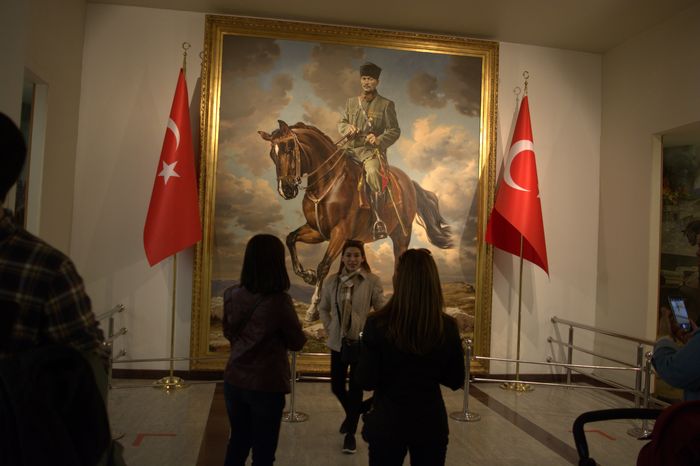1. An injuria is committed not only by striking with the fists, or striking with clubs or the lash, but also by shouting until a crowd gathers around any one; by taking possession of anyone’s goods pretending that he is a debtor to the inflictor of the injury who knows he has no claim on him; by writing, composing, or publishing a libel or defamatory verses against anyone, or by maliciously contriving that another does any of these things; by following after an honest woman, or a young boy or girl; by attempting the chastity of any one; and in short, by numberless other acts.
Married to Titius
2. A man may receive an injuria, not only in his own person, but in that of his children in his power, and even in that of his wife, according to the opinion that has prevailed. If, therefore, you injure a daughter in the power of her father, but married to Titius, the actio for the injury may be brought not only in the name of the daughter herself, but also in that of the father or. husband. But, if a husband has sustained an injuria, the wife cannot bring the actio injuriarum, for the husband is the protector of the wife, not the wife of the husband. The father-in-law may also bring this actio in the name of his daughter-in-law, if her husband is in his power.
3. An injuria cannot, properly speaking, be done to a slave, but it is the master who, through the slave, is considered to be injured; not, however, in the same way as through a child or wife, but only when the act is of a character grave enough to make it a manifest insult to the master, as if a person has flogged severely the slave of another, in which case this actio is given against him. But a master cannot bring an actio against a person who has collected a crowd round his slave, or struck him with his fist.
4. If an injuria has been done to a slave held in common, equity demands that it shall be estimated not according to their respective shares in him, but according to their respective position, for it is the masters who are injured.
5. If Titius has the usufructus, and Maevius the property in a slave, the injuria is considered to be done rather to Maevius than to Titius.
Read More about The Institutes 535 CE part 15








